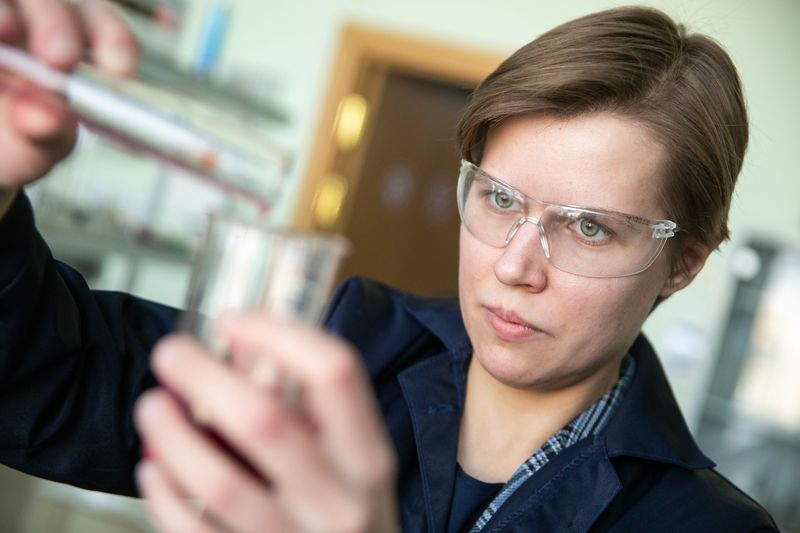
‘The Main Thing Is to Try to Learn New Things by Any Honest Means’
Chemist Polina Yurova works in the same laboratory of the IGIC RAS that she first visited as a tenth grader. In this interview with the Young Scientists of HSE University project, she spoke about the creation of ion-exchange membranes, the ‘hair’ of black holes and her favourite Moscow park.
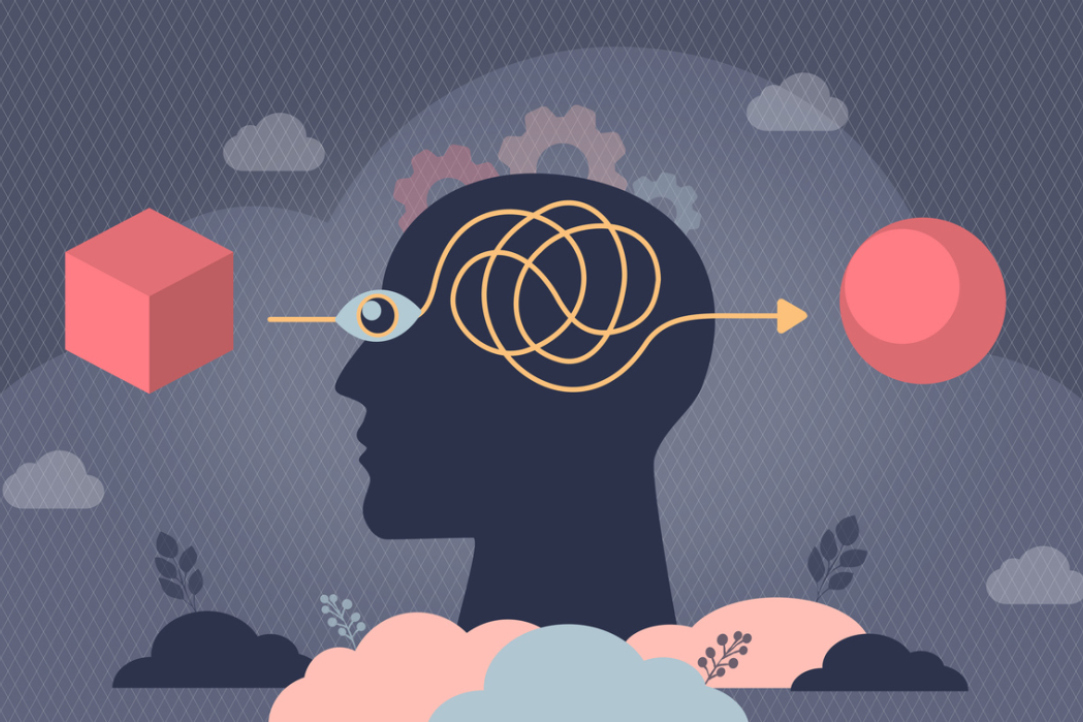
HSE Researchers Question the Correctness of Experiments Denying Free Will
Neuroscientists from HSE University have criticized the famous studies that question the free will of our decisions. You can’t shift responsibility for your actions to the brain. The results of the new work were published in the Neuropsychologia journal.
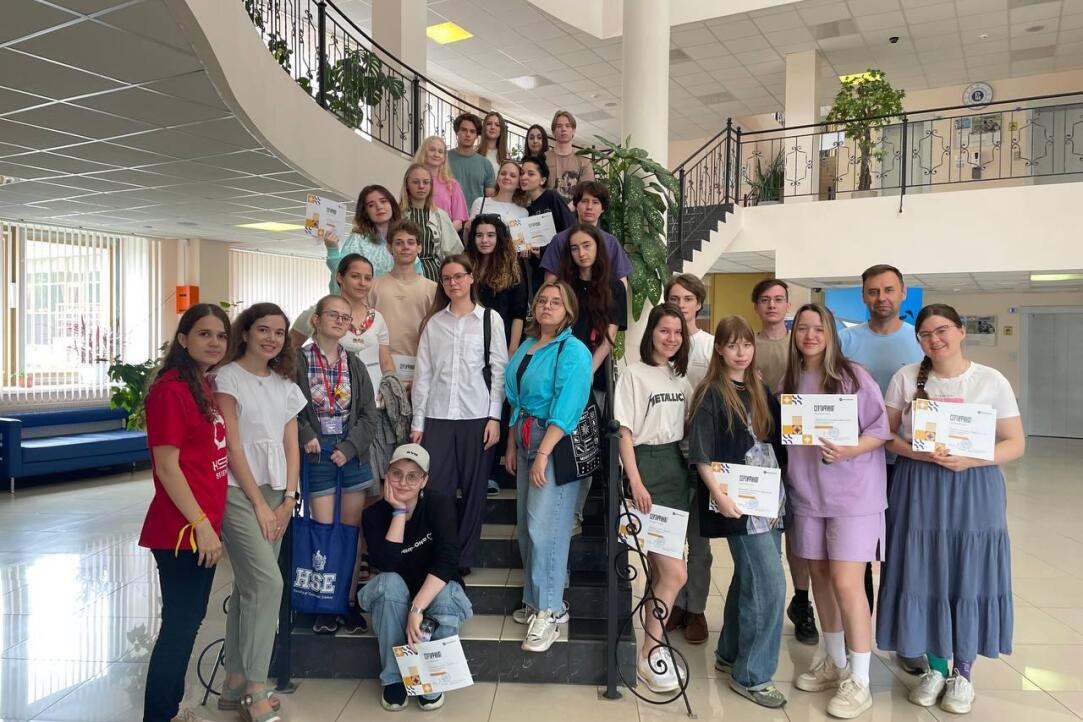
Scientarium: Integrating Student Scientific Associations and HSE University Projects
In early July, the Voronovo Study Centre hosted Scientarium, an off-site session for representatives of HSE University student research communities organised by the university’s Centre for Student Academic Development and Unit for the Popularisation of Science. More than 50 students from 10 scientific student associations and three campuses took part.
.jpg)
‘Comparative Politics of Eurasia’ Recommends: Books on Politics and Society in Central Asia
The Master's programme 'Comparative Politics of Eurasia' offers a wide range of courses on Central Asia. The programme has prepared a selection of books about this captivating region and its thrilling history. Check out the list and get inspiration for your future research!
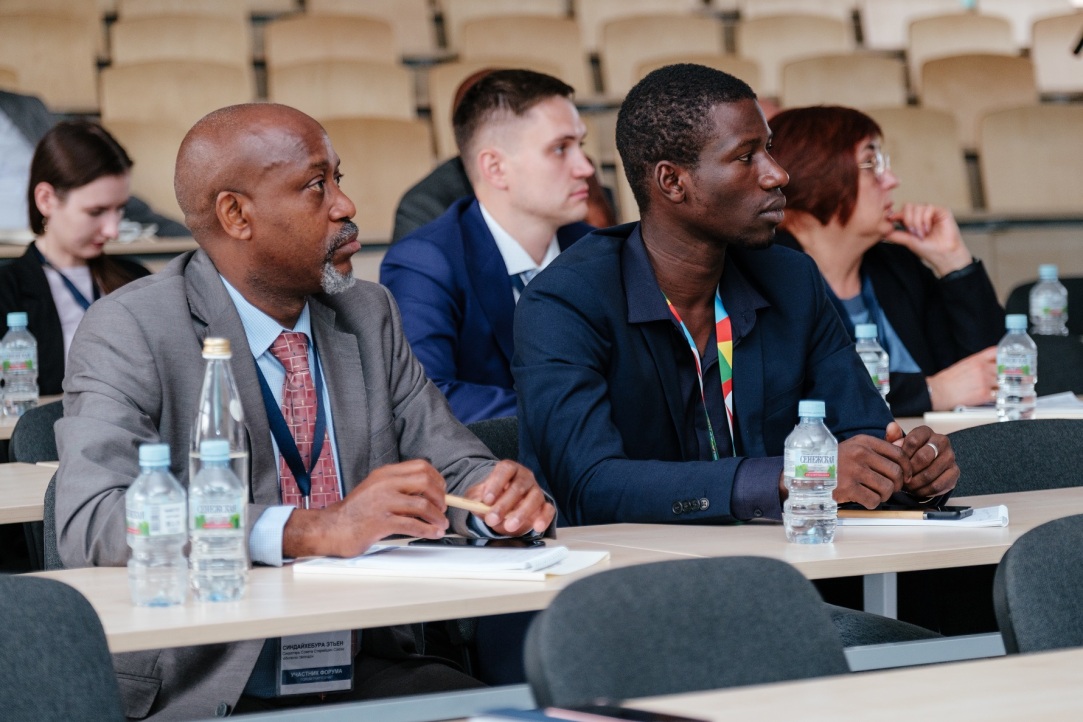
Association of African Graduates of Russian Universities to Be Created in St Petersburg
The first international Forum of African Graduates of Russian and Soviet Universities has come to an end. The forum was held at HSE University in St Petersburg as part of the second Russia–Africa Summit.
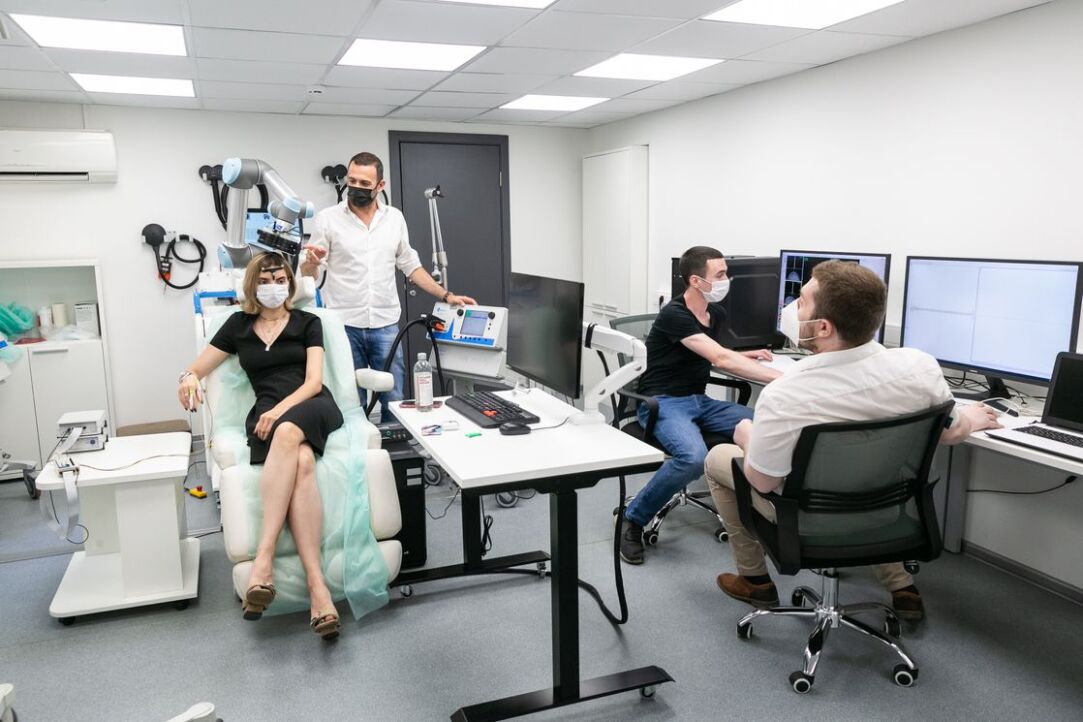
‘We Are Developing Technologies to Support People and Strengthen the Intellect’
HSE News Service spoke to Director of the Institute of Cognitive Neurosciences, Head of the Centre for Cognition and Decision Making at HSE University, Anna Shestakova about the achievements and goals of the new HSE University’s strategic project ‘Human Brain Resilience: Neurocognitive Technologies for Adaptation, Learning, Development, and Rehabilitation in a Changing Environment’.

Scientists from HSE University in Perm Receive First Artificial Intelligence Patent
Aleksey Kychkin, a researcher at the Laboratory for Interdisciplinary Empirical Studies (LINES), and Oleg Gorshkov, a research assistant at LINES, received a patent for a system that predicts the spatial distribution of harmful substances in atmospheric air using an artificial intelligence unit. The invention can be used for integrated planning and notification of the risks of atmospheric air pollution by harmful substances. The work was carried out under a grant from the HSE University Artificial Intelligence Centre. The HSE News Service spoke with Aleksey Kychkin about the benefits of the new system, its application, and how it came to life.
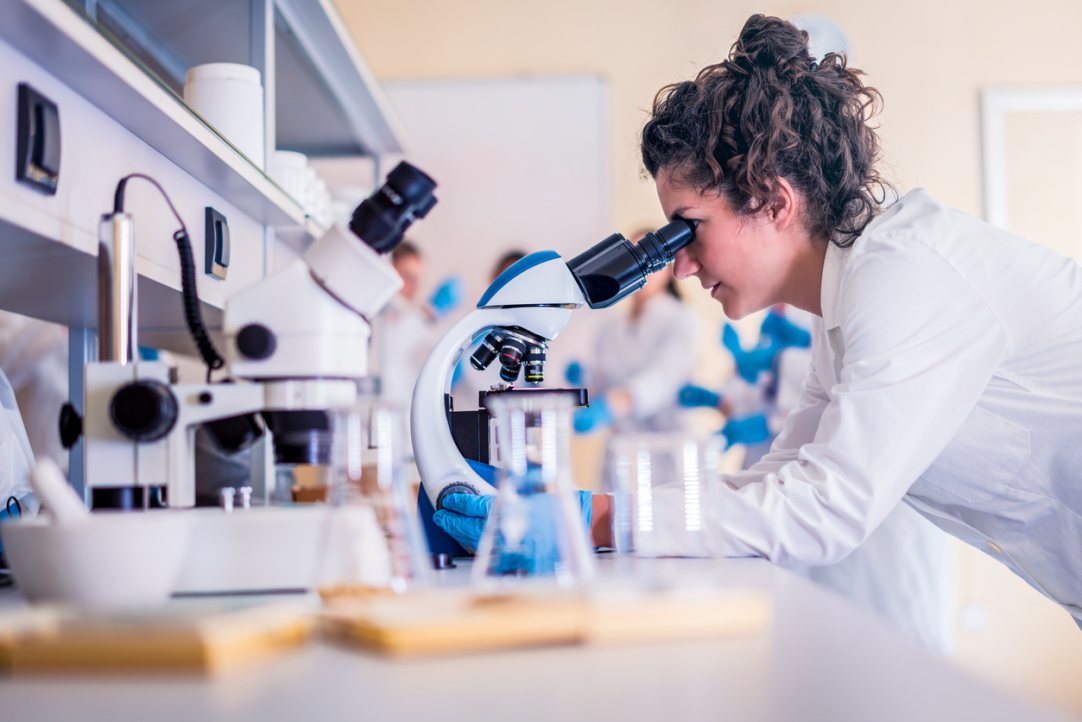
Russian Science Foundation Supports 15 Projects by HSE’s Early-Career Researchers
The Russian Science Foundation has announced the results of the youth contests of the Presidential Programme. HSE University’s early-career researchers are receiving grants for research projects in economics, psychology, sociology, political science, law, mathematics, information science, optics, engineering, and ocean studies.

HSE Scientists Investigate Third-Party Punishment for Unfairness
HSE researchers have examined the brain's reaction to violations of social norms and calculated a behavioural index to assess an individual's sensitivity to unfairness. This index can potentially be used to develop individualised rehabilitation programmes for patients with various types of behavioural disorders. The study has been published in Neuroscience Letters.

HSE University and Sber Researchers Increase Speed of Gradient Boosting Algorithm
A group of researchers from the HSE Faculty of Computer Science and the Sber AI Lab has increased the speed of gradient boosting, one of the most efficient machine learning algorithms. The proposed approach will make it possible to solve classification and regression problems faster. The results of the work were presented at the NeurIPS conference.

